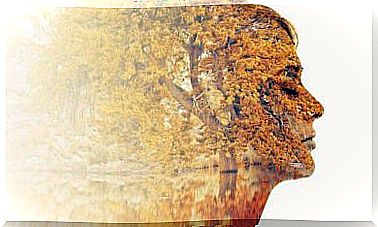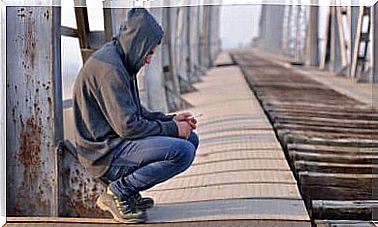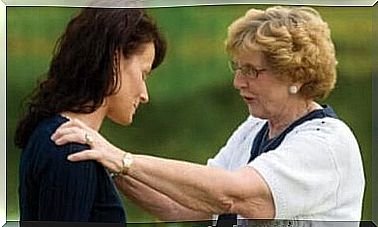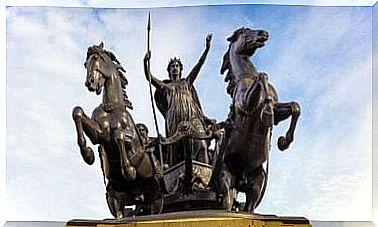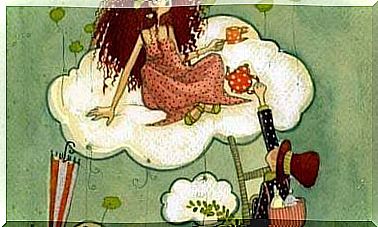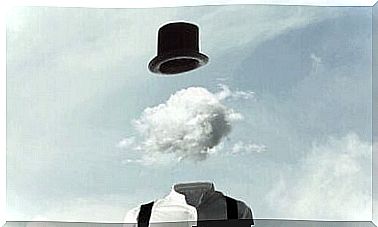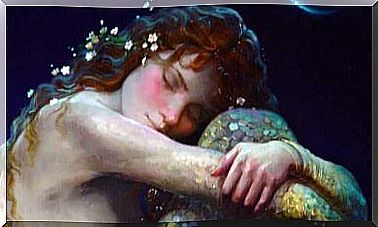An Eye For An Eye And The World Will End Up Blind
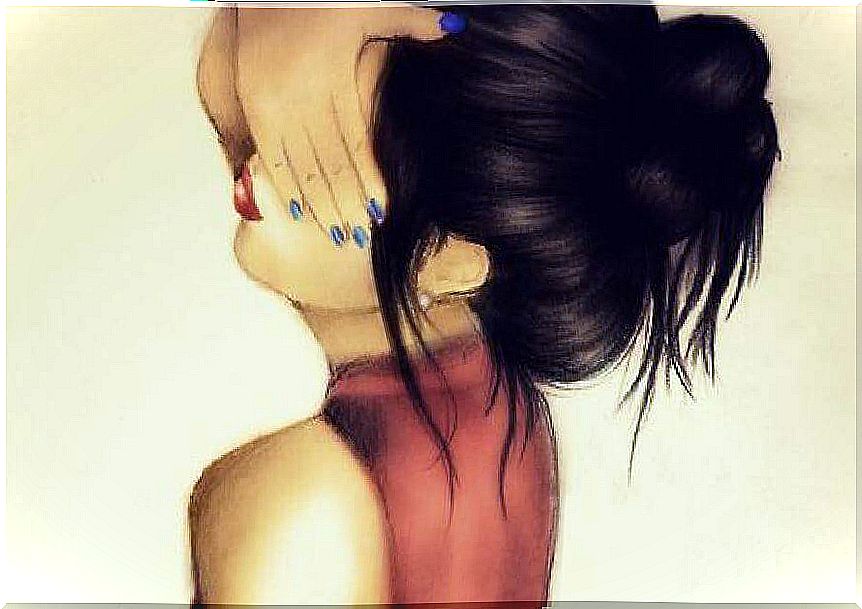
We are certainly in agreement that people make mistakes simply because they are people. We all make mistakes and all of us, at one time, have come across a situation that we thought we would know how to get out of. Even more than once we made the decision to act according to the ‘an eye for an eye, a tooth for a tooth’ rule.
Who has never hurt anyone? The big difference that makes us better people than we are is in the attitude we take about it.
Among Gandhi’s most famous words, we could include those we use to name the article and which we use to speak of anger, revenge or forgiveness, for example. These words touch us strictly in our direct contact with the people around us and, therefore, define the direction of many reflections that we can have daily.
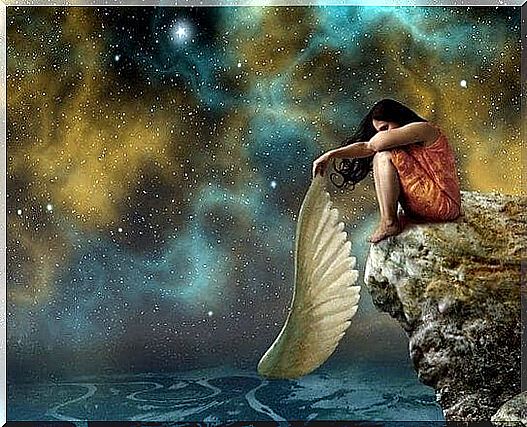
It’s not your mistake, but it could be
To err, as we’ve said, is totally human. The world we live in forces us to live up to relationships that are continually asking for our attention, so it is much harder to maintain and maintain them.
Consequently, this last fact makes us more easily fall into situations where we are not up to the circumstances or in which we fail completely. We are more aware of these circumstances especially when the people we refer to are family members, friends or our own partner.
In this sense, the error, which is almost innate, can be seen from different perspectives: we can make mistakes with ourselves, with others, or it may be that others make mistakes with us. In either case, it would be beneficial to bear in mind that idea with which we started the text: ‘an eye for an eye and the world will end up blind’.
Anger and revenge only have one direction
When others let us down or betray us, we feel a huge emptiness that we are forced to repair. This is the moment when, before making a decision, it would be good for us to ask ourselves: to what extent are revenge and rancor the right path? Could I be in that situation, in reverse?
The consequence of a negative attitude is that it becomes our own ballast: violence begets violence and revenge implies revenge, so they say.
Therefore, an attitude of resentment and hate has only one direction, that of harming our own person: negative feelings are reinforced and are no solution. If we all punished the mistakes of others, if we all lived under the ‘an eye for an eye’ guideline, we would never grow as a person.
Educate with forgiveness to live
Faced with these negative feelings, there is justice and forgiveness that Gandhi proposes: just as when we are in the place of the person who makes mistakes, we urgently need the forgiveness of the other, when it is the opposite, we must be able to forgive.
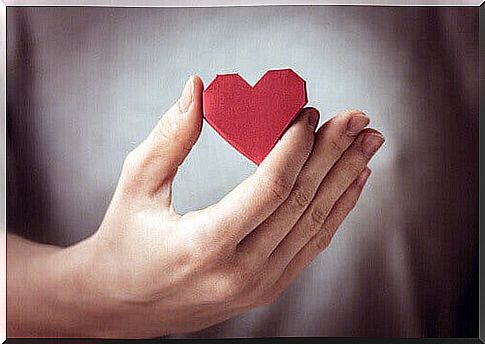
Educating with forgiveness in order to live is essential, even more so when they leave us behind. Forgetting and learning start from there, to go on with our life and understand the mistakes; for only then will others be able to overcome the people who left them behind.
Therefore, the expression an eye for an eye and the world will end up blind makes sense in the depths of human existence and in its capacity for self-improvement. The world that would be left to us if we did not have the same capacity to make mistakes and to forgive would be very sad and would self-destruct.
It is about understanding, even if it sometimes hurts, that punishing because we were punished only leads to pain and never to the happiness that we should always seek.


